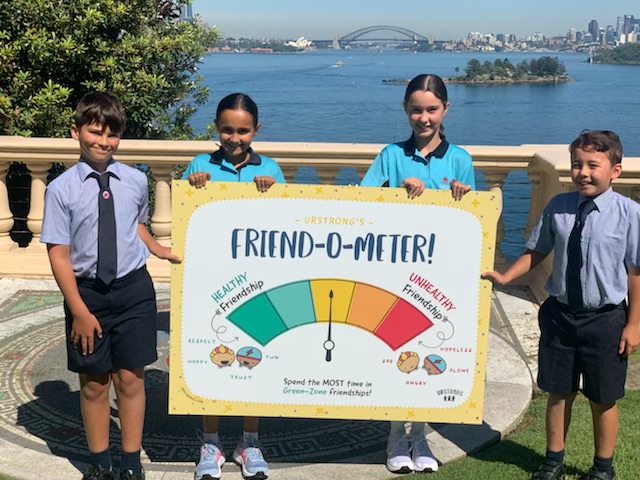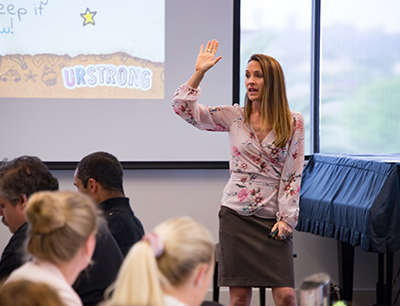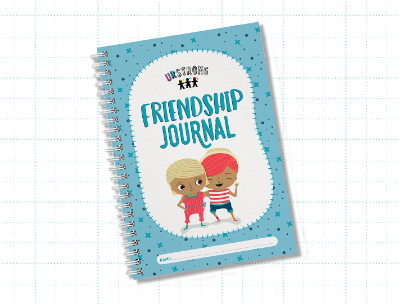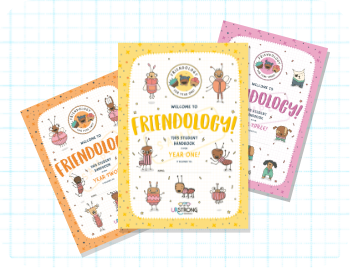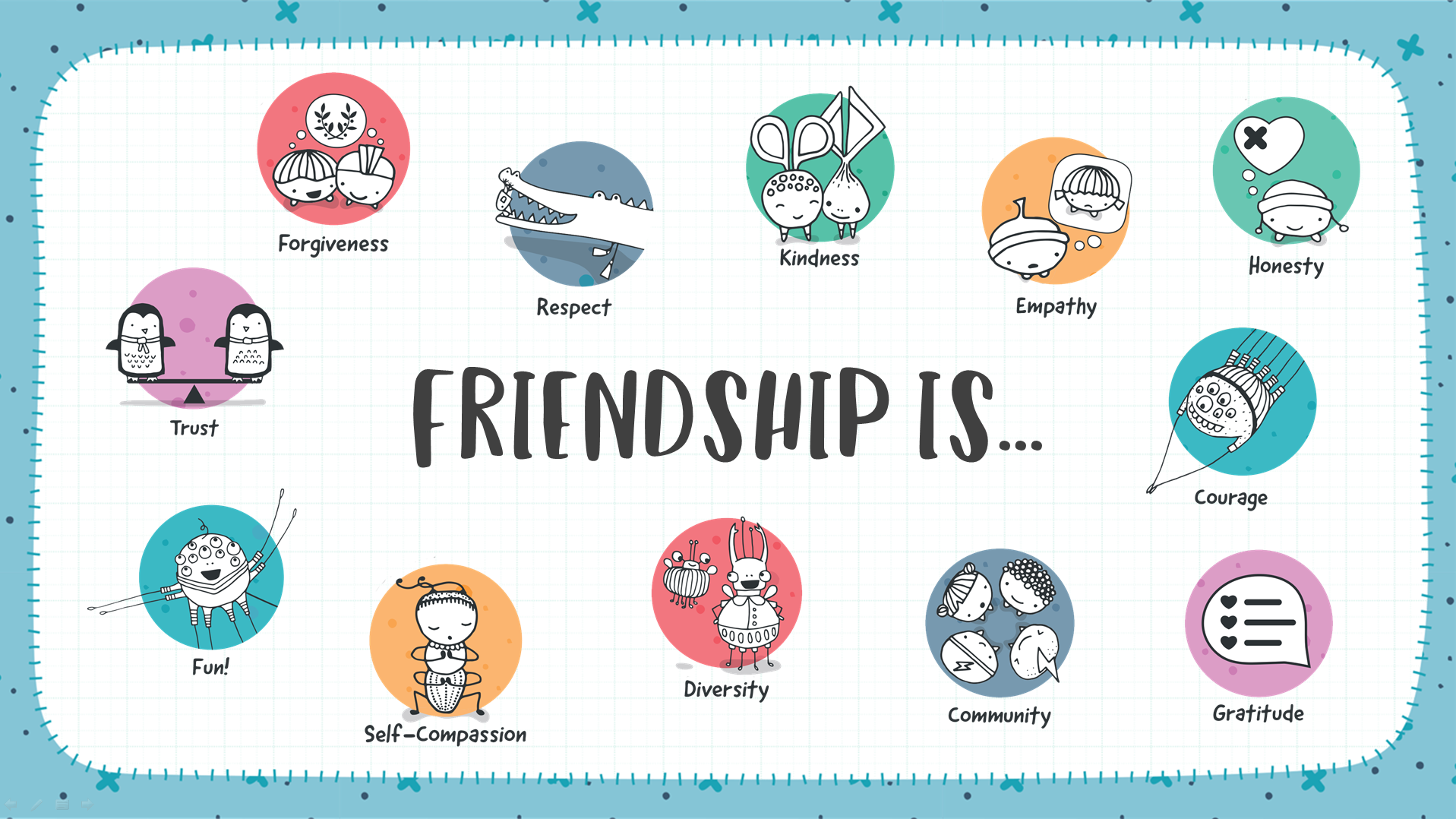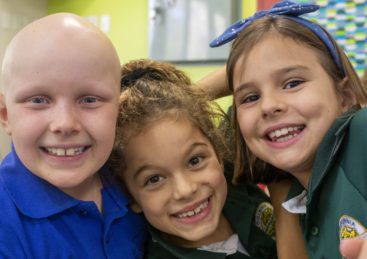Raise your hand if you or your child is an HSP, like me? 🙋♀️
It wasn’t until I was an adult that I stumbled on the book, The Highly Sensitive Person, by Dr Elaine Aron. I felt like I was reading an autobiography. She perfectly described what I’ve felt and experienced my whole life.
In her research, she’s identified that 15-20% of the population qualify as highly sensitive, having what’s called: “Sensory-Processing Sensitivity”. These people (adults and children):
💗Feel things deeply. This means, the highs are high and the lows are low.
💗Are sensitive to loud sounds, bright lights, tags on clothing, strong smells. Each of the senses are heightened, so they can feel overwhelmed easily. This also means they are deeply moved when they hear music they love, or smell fresh flowers, or are wrapped up in a hug from a loved one.
💗Are very tuned in to others. They are highly affected by the energy & moods of others, notice subtleties in body language & tone, and are extremely empathetic. HSPs are Empaths.
💗Think deeply and spend a lot of time reflecting. As Dr Aron says, “they have a rich, complex inner life” and tend to get absorbed in thoughts.
💗Are conscientious. They show up on time, follow the rules, and are tuned in to the finer details.
💗Avoid violent, disturbing, or scary experiences. Things that feel upsetting can simply be ‘too much’ for HSPs.
Within friendship, highly sensitive children are amazing friends – they’re super caring and thoughtful. However, little Friendship Fires feel like giant BONFIRES to them. [Try this activity: Sorting Friendship Fires] They can also struggle with friends who don’t follow the rules, or friends who are loud & aggressive.
For children who are highly sensitive, it’s important the adults around them are aware of their heightened nervous system. Parents & teachers can support and empower HSCs by giving them strategies to feel a little more in control and less helpless to their emotions. Start by going through each of the 5 senses with them, providing tips for what they can do when that sense is overwhelmed. [Try this activity: Big Emotions Snowglobe]

In our Friendology friendship skills curriculum for schools, our kid-friendly tool to help students understand this concept is called: The Sensitivity Spectrum. This came out of our research, interviewing hundreds of students, during one of our many updates to Friendology. We discovered that, above all other factors (like gender, race, socioeconomic, interests, parenting styles, etc.), the level of a child’s sensitivity is a better predictor of behavior in friendships. For example, a child who is highly sensitive & gentle is more likely to have Friendship Fires with a child who is less sensitive & rambunctious. We also identified that children who rate themselves near the same point along The Sensitivity Spectrum tend to have more in common and feel quite “different” from students who rate themselves on the opposite side of the spectrum.
At URSTRONG Schools, we guide our students to understand that each one of us is unique, especially in terms of our sensitivity levels. 🌟 Some friends may feel super sensitive about certain topics, while others may feel unaffected. Students discover that they can be more or less sensitive about various things, depending on the situation, and that our sensitivities can change over time. 🤔💭
We encourage our students to ponder, “When do we feel most sensitive?” They explore how factors like being tired, hungry, upset, or worried can heighten their sensitivity levels. 💥💡
Understanding the Sensitivity Spectrum is key in navigating friendships and becoming more self-aware. By recognizing where our friends fall on this spectrum, we can better support them. Identifying if our friends are having a rough day or feeling uneasy enables more effective communication and deeper connections. And, recognizing our own sensitivity levels each day allows us to make decisions with self-compassion.
Being highly sensitive is a gift and a superpower in lots of ways, so children need to understand there’s nothing ‘wrong’ with them. It’s a strength that requires “special handling”, as Dr Aron describes. 💫
Pop over to her website for a quiz you can take to discover if you or your child are part of the HSP club: hsperson.com
Written by: Dana Kerford
Founder & Friendship Expert

